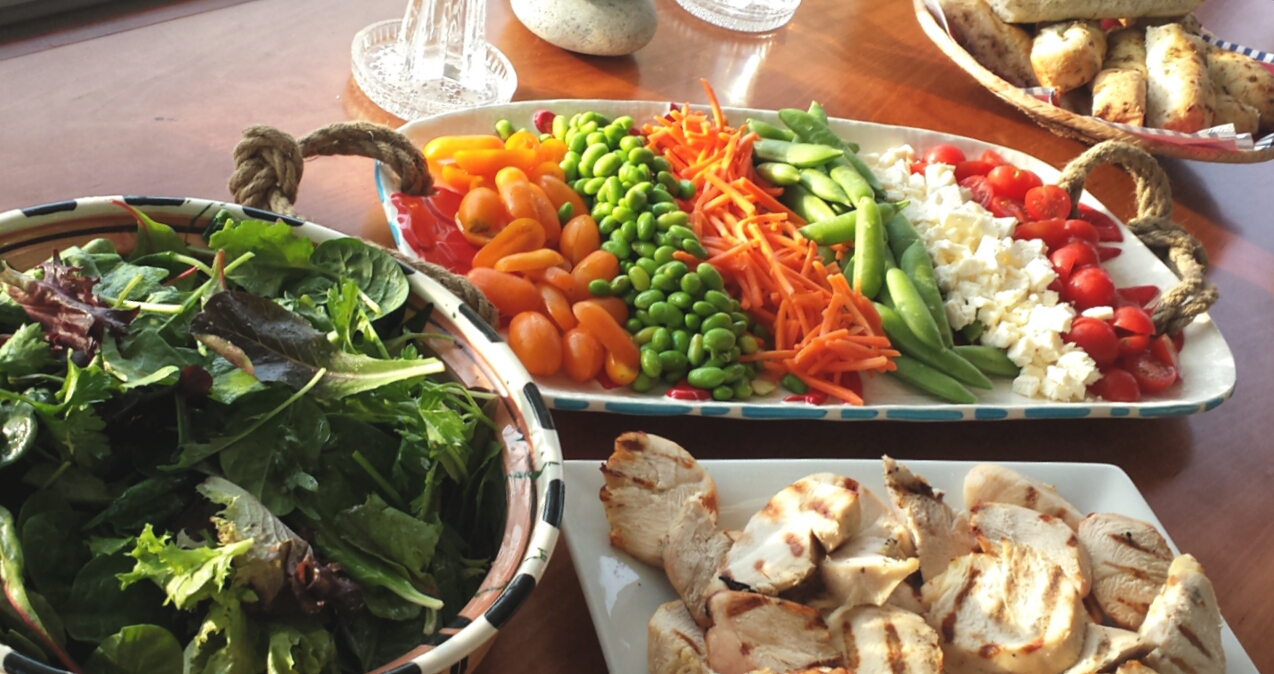What makes a successful relationship? Whittling down the answer to this question to the essentials leaves a simple formula.
A healthy relationship:
- Is a priority
- Brings value to my life
- Honors who I am
- Requires cultivation
In other words, when I prioritize a relationship I put aside time for it and plan for it. I feel nourished by it and feel like I have something to offer at the same time. When I cultivate a relationship, I take time to learn about the person and allow for growth and change.
In contrast, an unhealthy relationship might feel rushed, fit in between other things, easily distracted during interactions by texts, calls, work, or t.v, etc. I might go so far as to label it “bad” when I talk about it, or feel I have to justify it, not be completely honest about it, or see there is no substance to it.
The same is true with our relationship with food.
There are many strategies for building healthy habits for eating well and supporting good nutrition. Some people have success with 3 meals a day, some with 5 smaller meals. Some people count macro nutrients. Some count on protein shakes. There’s intermittent fasting, intuitive eating, (my favorite), meal prep, recipe apps, food journaling, and more. Any, none, and all have worked for me at various times in my life. Recently I went through a very stressful time, and I could feel my eating habits changing. I found that I wasn’t able to pull a strategy from my tool box to help me. Day after day went by and I’d start over finding myself ending at a place I didn’t like. I’d forgive myself and try again, but I was getting discouraged. What I realized through that process was that it wasn’t about the food, the habits, the 3 meals, or the high protein. It was about my relationship with food that was having the most impact on whether or not I was successful executing my healthy eating habits.
The best way for me to reset my habits was to do what I would do to improve any relationship.
- Make it a priority. Eat slowly, not rushing through a meal or snack on the go. Be present and mindful.
- Make sure it brings value. Eat nutrient dense food with quality ingredients.
- I’ve been told I have exceptionally high standards for most things in my life. To honor who I am, why wouldn’t I hold my food choices to those same standards?
- Cultivate my relationship with food. Enjoy the process. Explore new ideas, recipes, flavors, and resources.
By taking inventory of my relationship with food this way, I am actually addressing the root of many food habit issues.
What does a healthy relationship look like for you?
